Can Over The Counter Medicine For Anxiety And Depression Help With Mental Disorders?
Anxiety and depression are the most common mental health conditions, affecting millions of people in the US annually. Prescription medications are commonly used for treating anxiety and depression symptoms. But some people turn to over the counter anxiety and depression medication.
OTC depression and anxiety medications are becoming increasingly popular as treatment options. But before using over the counter medicine for anxiety and depression, you should know that they aren’t regulated like prescriptions. Their safety and efficacy aren’t under the same scrutiny. And supplements can cause serious adverse effects. Hence, they’re best used with medical supervision.
In this article, we’ll review seven natural remedies and over the counter medicine for anxiety and depression that you may see on the pharmacy shelf. We’ll discuss how safe and effective they are in helping mental health treatment programs and management.
It is not surprising that there is universal interest in finding effective natural anti-anxiety and depression treatments with a lower risk of adverse effects or withdrawal. According to research, natural remedies have been used for centuries in many cultures to alleviate anxiety and depression with surprising effectiveness.
However, in Western cultures, research that proves the usefulness of medicinal herbs and natural substances has only begun to gain momentum over the past few decades. Moreover, the absence of proper guidelines governing the production and use of vitamins, minerals, amino acids, and herbs for medicinal purposes is also causing the clinical prescription of these natural over the counter medicine for anxiety and depression to lag in the United States.
With the rising cost of prescription medications and their production of unwanted side effects, patients are exploring herbal and other natural remedies to manage and treat psychological conditions. Psychological disorders are one of the most frequently seen by clinicians and often require a long-term regimen of prescription medications.
Herbal medicines hold a special place in the history of medicine, as most of our current remedies, and the majority to be discovered, are derived from plants. While locating the active ingredients in herbal substances is pivotal to producing effective supplements, understanding the quantity needed and the potency of different ways of extracting and preparing the phytochemicals is vital to creating a standard measure of their effectiveness. Furthermore, the dangers of overconsumption and interactions with prescription and over the counter medicine for anxiety and depression need further analysis. [1]
Do I Have Anxiety Disorder Quiz
Test anxiety assessment is a process designed to evaluate and measure the levels of anxiety experienced by individuals in test-taking situations. It involves a systematic examination of various cognitive, emotional, and physiological responses that can manifest during exams.
It is important to note that test anxiety assessments are tools designed to measure and evaluate levels of anxiety experienced during test-taking situations. However, they should not be considered as medical diagnoses.
*By taking this free quiz, you may obtain your results online and in your email box. You’ll have the opportunity to opt-in to learn more about your symptoms, talk to a mental health consultant and join our newsletter. Rest assured your information is private and confidential. Results, consultations and assessment are provided without any cost to you and without any obligation. If you do not wish to provide your contact information, you may omit it during your quiz. Thank you for opting in and participating. To you best of health.
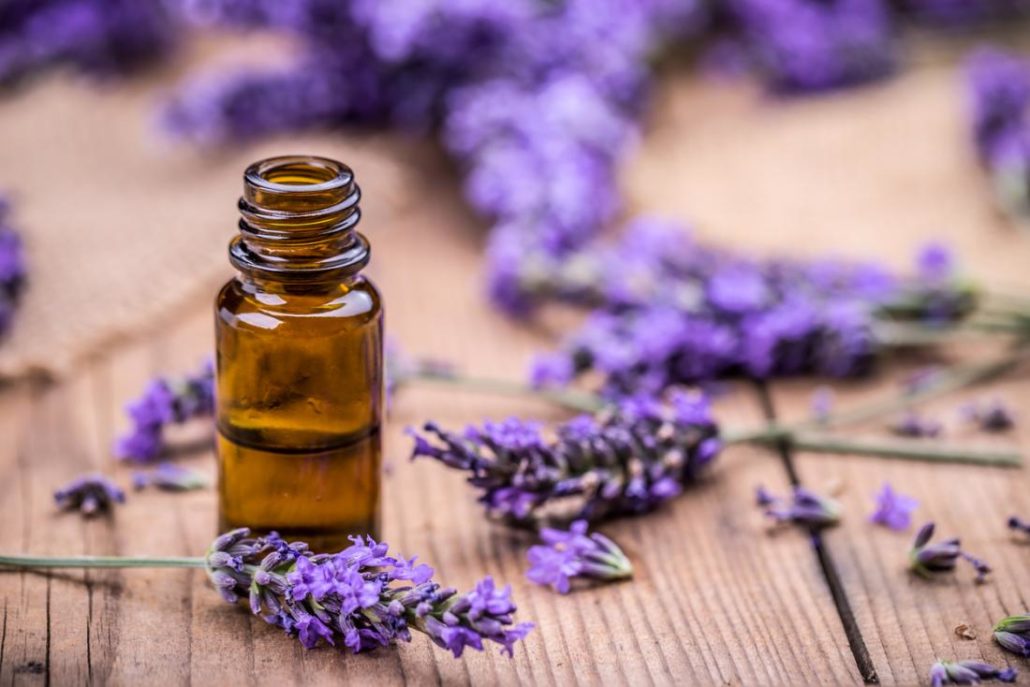
Skip To:
Learn More:
- Effexor and Alcohol
- Neurofeedback Therapy for Depression
- Mixing Amphetamines And Opiates
- Adderall and Sex Drive Connection, Side Effects, Addiction Treatment
- Adderall and Viagra
- Overcoming Your Alcohol or Drug Problem
- Substance Use and Mental Health Awareness Events Calendar
- Benzos and Alcohol
- DXM And Kratom
- Ketamine for Anxiety
Get Help. Get Better. Get Your Life Back.
Searching for Accredited Drug and Alcohol Rehab Centers Near You?
Even if you have failed previously and relapsed, or are in the middle of a difficult crisis, we stand ready to support you. Our trusted behavioral health specialists will not give up on you. When you feel ready or just want someone to speak to about therapy alternatives to change your life call us. Even if we cannot assist you, we will lead you to wherever you can get support. There is no obligation. Call our hotline today.
(844) 597-1011Depression And Anxiety Fact Sheet
Depression and anxiety frequently co-occur, especially in primary care settings. These co-occurrences manifest themselves in several ways and have different clinical courses. The scope and impact of depression and anxiety disorders worldwide are overwhelming.
The watershed Global Burden of Disease study found that major depression ranked fourth among all medical illnesses in terms of its disabling impact on the world population. The authors estimated that by the year 2020 and beyond, depression would be second only to ischemic heart disease. Anxiety disorders rank close behind major depression, contributing additional disability. [3]
Depression Disorder
Depression is a severe medical illness. It’s more than just feeling sad or “blue” for a few days. If you are one of the more than 19 million individuals in the United States who have depression, the feelings do not go away. They persist and interfere with your everyday life. Symptoms can include:
- Feeling sad or “empty”
- Loss of interest in favorite activities
- Overeating, or not wanting to eat at all
- Not being able to sleep or sleeping too much
- Feeling very tired
- Feeling hopeless, irritable, anxious, or guilty
- Aches or pains, headaches, cramps, or digestive problems
- Thoughts of death or suicide
There are effective treatments for depression, including antidepressants, talk therapy, or both.
To be diagnosed with depression, your provider will ask about your medical history and symptoms. Your answers can help your provider diagnose depression and determine its severity.
Blood and urine tests may be done to rule out other medical conditions with symptoms similar to depression.
Anxiety Disorder
Anxiety is a feeling of fear, dread, and uneasiness. It might cause you to sweat, feel restless and tense, and have a rapid heartbeat. It can be a normal stress reaction. For example, you might feel anxious when faced with a complex problem at work, before taking a test, or before making an important decision. It can help you to cope. The anxiety may give you a boost of energy or help you focus. But for people with anxiety disorders, the fear is not temporary and can be overwhelming.
There are several types of anxiety disorders, including:
- Generalized anxiety disorder (GAD). People with GAD worry about everyday health, money, work, and family issues. But their worries are excessive, and they have them almost every day for at least 6 months.
- Panic disorder. People with panic disorder have panic attacks. These are sudden, repeated periods of intense fear when there is no danger. The attacks come on quickly and can last several minutes or more.
- Phobias. People with phobias have an intense fear of something that poses little or no actual danger. Their fear may be about spiders, flying, crowded places, or being in social situations (known as social anxiety). [4]
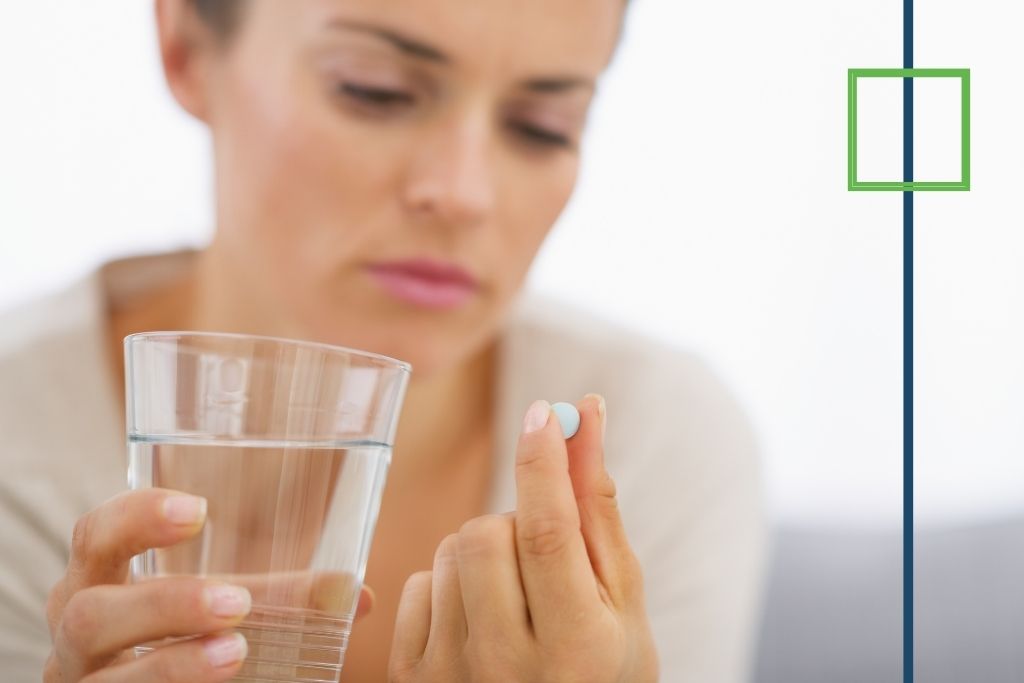
When to Contact a Medical Professional
See your provider if you or someone you know has symptoms of depression and anxiety disorders. It is especially important to seek help immediately if you or someone you know is having thoughts of suicide.
You can also call 911 or the local emergency number or go to the hospital emergency room. DO NOT delay.
If someone you know has attempted suicide, call 911 or the local emergency number immediately. DO NOT leave the person alone, even after you have called for help.
Depression And Anxiety Disorders Statistics
Mental illnesses, such as anxiety and depression, are common in the United States. Nearly 52.9 million U.S. adults have a mental illness in 2020. Mental illnesses include many different conditions that vary in severity, ranging from mild to moderate to severe. [2]
1 in 5
In 2020, Nearly one in five U.S. adults lived with a mental illness. The most common mental disorders in the US are anxiety disorders, major depression, and bipolar disorder.
Source: NIMH
31.1%
An estimated 31.1% of U.S. adults experience any anxiety disorder.
Source: NIMH
9.5%
Approximately 9.5% of American adults, ages 18 and over, will suffer from a depressive illness (major depression, bipolar disorder, or dysthymia) each year.
Source: NIMH

Get Your Life Back
Find Hope & Recovery. Get Safe Comfortable Detox, Addiction Rehab & Dual Diagnosis High-Quality Care.
Hotline(844) 597-1011What Is The Best Over The Counter Medicine For Depression And Anxiety?
It’s challenging to find the best OTC depression and anxiety medication because these are not regulated, unlike prescriptions. On top of that, only a few studies can prove their effectiveness and adverse effects.
In prescription medications, SSRIs are the primary option. This group of drugs, including fluoxetine (Prozac), paroxetine (Paxil), fluvoxamine (Luvox), citalopram (Celexa), escitalopram (Cipralex) and sertraline (Zoloft), is usually the first choice for treatment of depression and anxiety disorders.
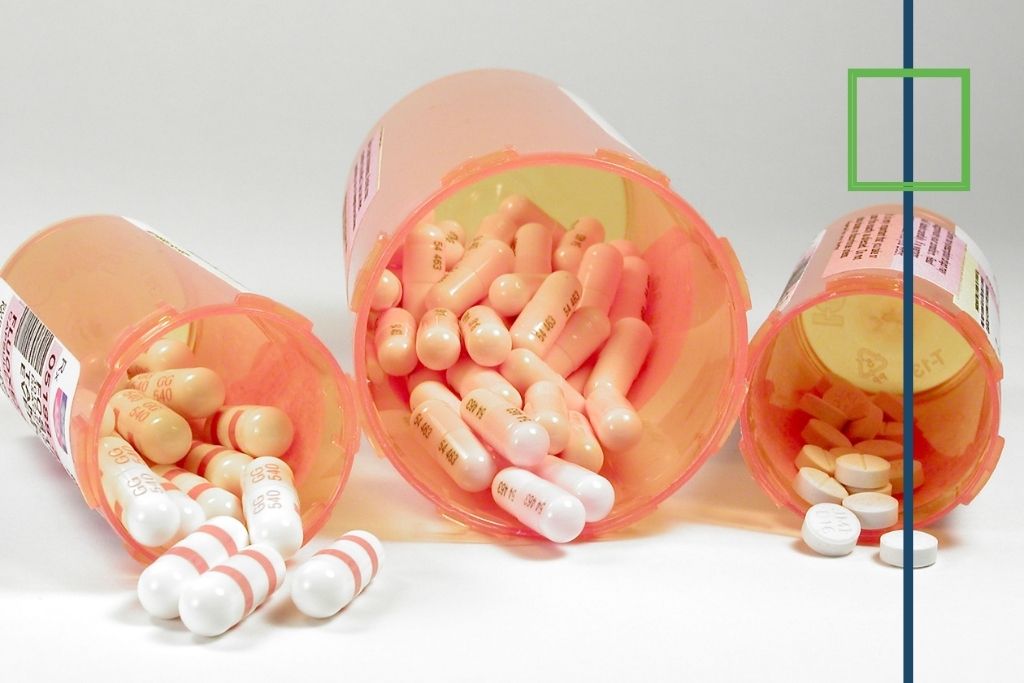
First-class Facilities & Amenities
World-class High-Quality Addiction & Mental Health Rehabilitation Treatment
Rehab Centers TourRenowned Addiction Centers. Serene Private Facilities. Inpatient rehab programs vary.
Addiction Helpline(844) 597-1011Proven recovery success experience, backed by a Team w/ History of:
15+
Years of Unified Experience
100s
5-Star Reviews Across Our Centers
10K
Recovery Success Stories Across Our Network
- Low Patient to Therapist Ratio
- Onsite Medical Detox Center
- Comprehensive Dual-Diagnosis Treatment
- Complimentary Family & Alumni Programs
- Coaching, Recovery & Personal Development Events
Top 7 Over The Counter Medicine For Anxiety And Depression
Over the counter medicine for anxiety and depression aren’t often the first recommended option, as treatment options like prescription medications and therapy are usually the most effective. However, these OTC options can supplement these two main treatment methods as examples of complementary and alternative medications.
Some OTC vitamins and supplements may effectively reduce symptoms of anxiety and depression. Still, it is always important to consult your provider before taking a new vitamin or supplement, especially if you take any other medications. While more research is needed to establish how effective supplements can be, if you use them properly, they are generally not harmful.
1. Magnesium
OTC Anxiety and Depression Meds: Magnesium is an essential vitamin from leafy green vegetables, legumes, nuts, seeds, and whole grains. Aside from supporting your regular cell function, magnesium may also support your moods and emotions, and inadequate magnesium has been linked to anxiety and other health problems.
Studies have found that magnesium can be an excellent remedy for mild anxiety and may be particularly helpful for people dealing with anxiety and depression as symptoms of premenstrual syndrome. [5]
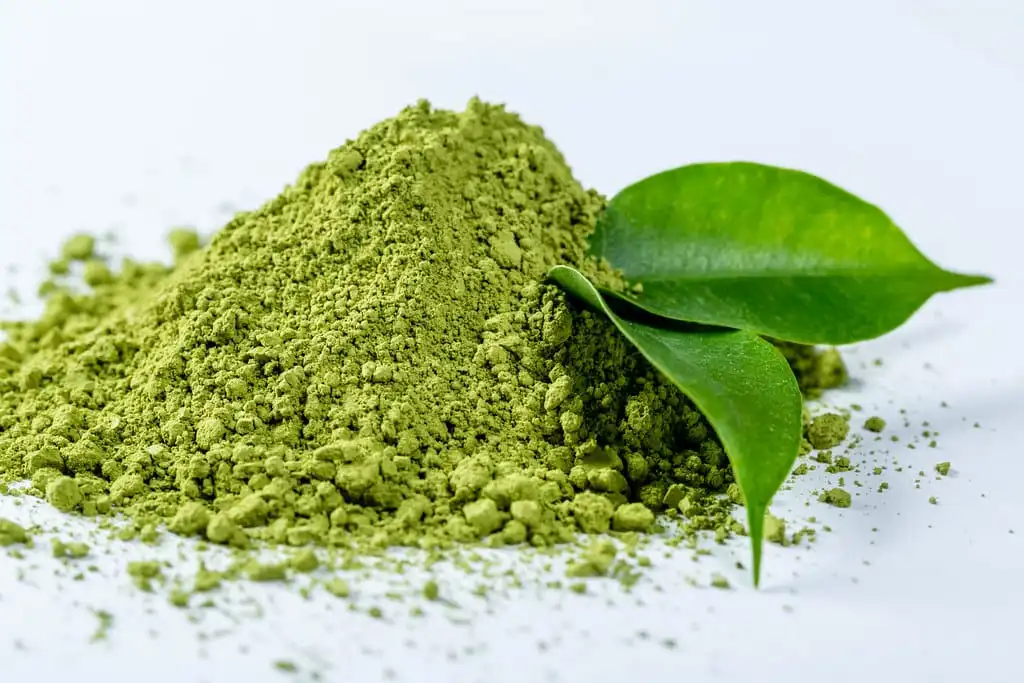
2. Omega-3
OTC Anxiety and Depression Meds: Omega-3 fatty acids are great for your health for many reasons, and they are naturally occurring in fish and specific plant sources like nuts and seeds. Omega-3 fatty acids help manage medical conditions and mental illnesses and can help reduce inflammation and anxiety among young adults.
3. L-theanine
OTC Anxiety and Depression Meds: L-theanine is one of several amino acids commonly promoted because of its potential calming effects. L-theanine is frequently found in teas. Research has shown that L-theanine may be highly effective at promoting relaxation without causing drowsiness, making it a great way to combat anxiety and depression without becoming tired. More research is needed, but L-theanine may also be linked to reduced symptoms of stress. [6]
4. Lavender
OTC Anxiety and Depression Meds: Taking lavender orally, or using lavender for aromatherapy, may also be very effective at lowering feelings of anxiety. Lavender has been used in medicinal remedies for centuries and is well-known for its aroma and color. Several trials have shown that lavender can be a great way to reduce minor anxiety symptoms, and it may also help with insomnia.
5. Ashwagandha
Cortisol and anxiety: Ashwagandha is an ancient remedy that can be derived from a shrub plant that is native to India and North Africa, and it has been studied extensively. Ashwagandha has been widely recognized for its ability to lower cortisol levels and reduce stress and anxiety since it is known as the stress hormone.
6. Chamomile
OTC Anxiety and Depression Meds: Chamomile is a flowering plant, and it is very commonly found in teas. Chamomile essential oil, extracted from the plant itself, has long been used for its anti-inflammatory and calming properties. Chamomile can help reduce the effects of anxiety and depression, but generally, its impact is only modest, and more research is needed.
7. Valerian
OTC Anxiety and Depression Meds: Valerian, like chamomile, is also a flowering plant widely used as an herbal supplement and can be very effective at treating insomnia. Studies have shown mixed results regarding its effectiveness in treating anxiety, but this herb may be largely beneficial for you if you have insomnia-related anxiety. Some studies have suggested that valerian does reduce anxiety and stress. In contrast, other studies have reported no changes at all, so more research is needed to confirm the effectiveness of this remedy.
World-class, Accredited, 5-Star Reviewed, Effective Addiction & Mental Health Programs. Complete Behavioral Health Inpatient Rehab, Detox plus Co-occuring Disorders Therapy.
CALL(844) 597-1011End the Addiction Pain. End the Emotional Rollercoaster. Get Your Life Back. Start Drug, Alcohol & Dual Diagnosis Mental Health Treatment Now. Get Free No-obligation Guidance by Substance Abuse Specialists Who Understand Addiction & Mental Health Recovery & Know How to Help.
Anxiety And Cortisol: Anxiety Early Morning Waking How To Reduce Cortisol
Cortisol morning anxiety: An increase in cortisol levels is a common cause of anxiousness to awaken in the morning. Eat a nutritious breakfast that is high in foods rich in magnesium, such as oatmeal, to reduce morning anxiety. To reduce anxiety, you should also abstain from caffeine, engage in physical activity, and create a daily routine.
Can High Cortisol Cause Anxiety?
A little cortisol can do a lot of good. Cortisol’s heightened level of arousal, which it produces in response to stress, is energizing and beneficial. At the end of the episode, cortisol levels return to normal. However, when free-floating anxiety gets in the way, there is no way for the cortisol to get rid of itself, which leads to the fight-or-flight response going awry.
Cortisol levels continue to be high, which increases anxiety and eventually leads to a wide range of major health problems, such as digestive problems, immune system inadequacies, heart disease, high blood pressure, and diabetes.
Cortisol Awakening Response Anxiety
Anxiety cortisol: cortisol and other stress hormones can be produced more readily as a result of eating problems. This in turn feeds panic, worry, and depressive thoughts. Additionally, eating disorders are anxiety-based illnesses even when issues with food, exercise, and body image are their outward manifestations.
In order to escape the cycle of anxiety, you must first take care of your body’s dietary requirements. Coping strategies that trigger the relaxation response not only provide your brain with the nutrition it requires, but they can also help you feel less stressed.
Cortisol Blockers For Anxiety
The brain instructs the adrenal glands to produce cortisol into the bloodstream while you’re under stress. Cortisol levels that are consistently high might cause weight gain, especially around the midsection. “Cortisol blockers” have substances that are intended to reduce stress by calming your anxiety.
Traditional Anxiety and Depression Treatment Methods
While over the counter medicine for anxiety and depression options may be helpful if you start dealing with your conditions, they may not always be the most effective option for some people. Here are some more traditional treatment methods, like prescription anxiety medication and therapy.
Antidepressants such as SSRIs (selective serotonin reuptake inhibitors) are some of the most commonly prescribed medications for anxiety and depression. However, psychotherapy, paired with medication, is even more effective. Regarding getting high-quality, professional mental health treatment, We Level Up FL has your needs covered, and we are here to help you get back to being you.
With total access to mental health services right from treatment options backed by science, we will work with you every step of the way to come up with a personalized treatment plan that will get you back on track. The process starts when you take your free assessment by contacting us, and then we will match you with one of our expert providers. Your provider will work with you to adjust your treatment accordingly, as many times as needed, until you find what is suitable for you.
We offer evidence-based therapy, medication, and a combination of both, and your provider will prescribe any necessary medications. Furthermore, lifestyle changes, including exercise, stress reduction strategies, yoga, mindfulness practices, and meditation, are other excellent options that can be highly effective in helping you cope with and manage your anxiety and depression.
Experience Transformative Recovery at We Level Up Treatment Centers.
See our authentic success stories. Get inspired. Get the help you deserve.
Start a New Life
Begin with a free call to an addiction & behavioral health treatment advisor. Learn more about our dual-diagnosis programs. The We Level Up Treatment Center Network delivers recovery programs that vary by each treatment facility. Call to learn more.
- Personalized Care
- Caring Accountable Staff
- World-class Amenities
- Licensed & Accredited
- Renowned w/ 100s 5-Star Reviews
We’ll Call You
Anxiety and Depression Mental Health Treatment
The co-occurrence of depression and anxiety disorders is extremely common in primary care. The clinical implications of depression/anxiety comorbidity include the following:
- Increased risk of suicide
- Increased risk of psychiatric hospitalization
- Increased disability
- Decreased compliance with treatment of medical illness
Patients with depression/anxiety comorbidity tend to have more chronic and recurrent illnesses requiring long-term treatment. This puts a premium on medications, such as SSRIs, that have broad-spectrum efficacy (notably sertraline and paroxetine), expansive therapeutic windows, and favorable pharmacokinetic and drug-interaction profiles (such as sertraline and citalopram). SSRIs are well tolerated regarding side effects (such as weight gain), contributing to compliance with long-term treatment.
Unfortunately, despite the high prevalence and significant clinical implications of depression/anxiety comorbidity, very little prospective over the counter medicine for anxiety and depression research is available.
Having a relative or loved one with depression and anxiety can be stressful, and family members or caregivers may unintentionally act in ways that can worsen their loved one’s symptoms. Call We Level Up FL now for a free mental health assessment! In addition, for the substance abuse or dual diagnosis approach, our inpatient treatment, inpatient medical detox, and residential primary addiction treatment may be available at our affiliated facility. For more treatment resources, call We Level Up Florida about your symptoms, and we can help you determine the cause and develop a treatment plan.
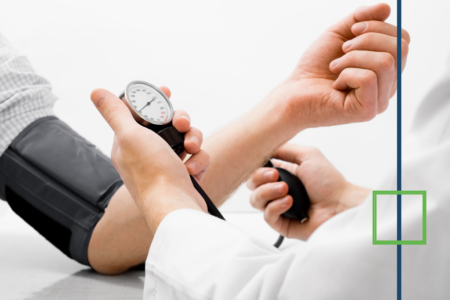
Search We Level Up FL Over The Counter Medicine For Anxiety And Depression & Mental Health Topics & Resources
Popular Over The Counter Medicine For Anxiety And Depression FAQs
-
What is the most common drug prescribed for anxiety and depression?
Unlike over the counter medicine for anxiety and depression, SSRIs and SNRIs are often the first-line treatment for clinical depression and anxiety disorder. Common SSRI brands are Celexa, Lexapro, Luvox, Paxil, and Zoloft. Common SNRI brands are Pristiq, Cymbalta, and Effexor XR.
-
What drugs treat both anxiety and depression?
Selective serotonin reuptake inhibitors (SSRIs) are the drug that doctors most commonly prescribe to treat depression and anxiety disorders. But these are not OTC anxiety and depression meds. Contact your doctor or a mental health professional to be assessed and obtain the prescriptions.
-
Can I have both depression and anxiety?
Yes. Many people have a diagnosis of both an anxiety disorder and clinical depression. But symptoms of both conditions usually improve with psychological counseling. It’s crucial to seek help and not settle for over the counter medicine for anxiety and depression alone. Science-based therapies can bring you the best outcomes.
-
How to cope with anxiety and depression?
No one has to suffer from depression or anxiety disorders. People with mental health disorders should not only seek over the counter medicine for anxiety and depression but also speak with a psychiatrist, therapist, or other healthcare professional about their symptoms and start treatment as soon as possible.
-
What to do when depression and anxiety mix?
Connect with a mental health professional or ask your doctor for a referral. A professional therapist can develop a plan to treat your anxiety and depression simultaneously. Remember that clinical depression and anxiety disorder can lead to suicide, so do not only look for over the counter medicine for anxiety and depression. Reach out to accredited treatment centers that offer personalized treatment based on your situation.
-
Does High Cortisol Cause Anxiety? Does Cortisol Cause Anxiety?
Cortisol anxiety: Nearly every bodily function might suffer from prolonged exposure to cortisol and other stress chemicals. Your chance of developing conditions like heart disease, lung problems, obesity, anxiety, depression, and more may rise as a result.
4 Mental Health Tips & Advice From A Therapist To Remove Your Everyday Anxiety Video
4 Tips For How To Cope With Anxiety
“Anxiety, when gone untreated, can increase over time.
So here are four tips to calm your everyday anxiety.
Take a breath.
Do something that you enjoy.
Remove yourself from the situation and go for a walk.
If you do these four things, you have a better chance of calming your everyday anxiety.”
Sources
[1,5] Lakhan SE, Vieira KF. Nutritional and herbal supplements for anxiety and anxiety-related disorders: a systematic review. Nutr J. 2010 Oct 7;9:42. DOI: 10.1186/1475-2891-9-42. PMID: 20929532; PMCID: PMC2959081.
[2] Mental Illness – NIMH/National Institute of Mental Health
[3] Hirschfeld RM. The Comorbidity of Major Depression and Anxiety Disorders: Recognition and Management in Primary Care. Prim Care Companion J Clin Psychiatry. 2001 Dec;3(6):244-254. DOI: 10.4088/pcc.v03n0609. PMID: 15014592; PMCID: PMC181193.
[4] What is anxiety? – U.S. Department of Health and Human Services National Institutes of Health
[6] Hidese S, Ogawa S, Ota M, Ishida I, Yasukawa Z, Ozeki M, Kunugi H. Effects of L-Theanine Administration on Stress-Related Symptoms and Cognitive Functions in Healthy Adults: A Randomized Controlled Trial. Over The Counter Medicine For Anxiety And Depression & Nutrients. 2019 Oct 3;11(10):2362. DOI: 10.3390/nu11102362. PMID: 31623400; PMCID: PMC6836118.
[7] Chand SP, Arif H. Depression. [Updated 2022 Jul 18]. In: StatPearls [Internet]. Treasure Island (FL): StatPearls Publishing; 2022 Jan-. Available from: https://www.ncbi.nlm.nih.gov/books/NBK430847/
[8] InformedHealth.org [Internet]. Cologne, Germany: Institute for Quality and Efficiency in Health Care (IQWiG); 2006-. Depression: How effective are antidepressants? [Updated 2020 Jun 18]. Available from: https://www.ncbi.nlm.nih.gov/books/NBK361016/
[9] Bains N, Abdijadid S. Major Depressive Disorder. [Updated 2022 Jun 1]. In: StatPearls [Internet]. Treasure Island (FL): StatPearls Publishing; 2022 Jan-. Available from: https://www.ncbi.nlm.nih.gov/books/NBK559078/
[10] Medical Encyclopedia → Depression – U.S. Department of Health and Human Services National Institutes of Health





